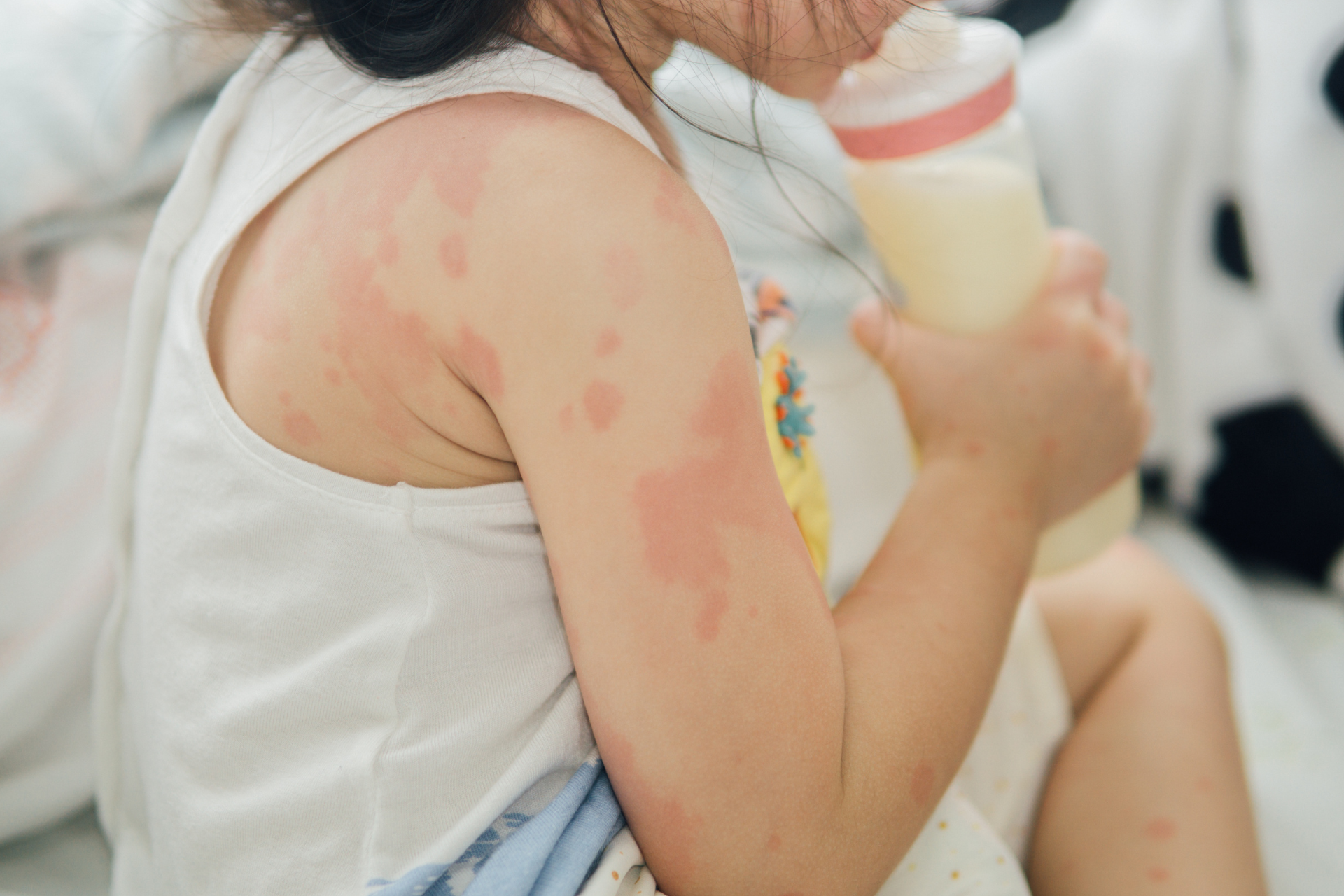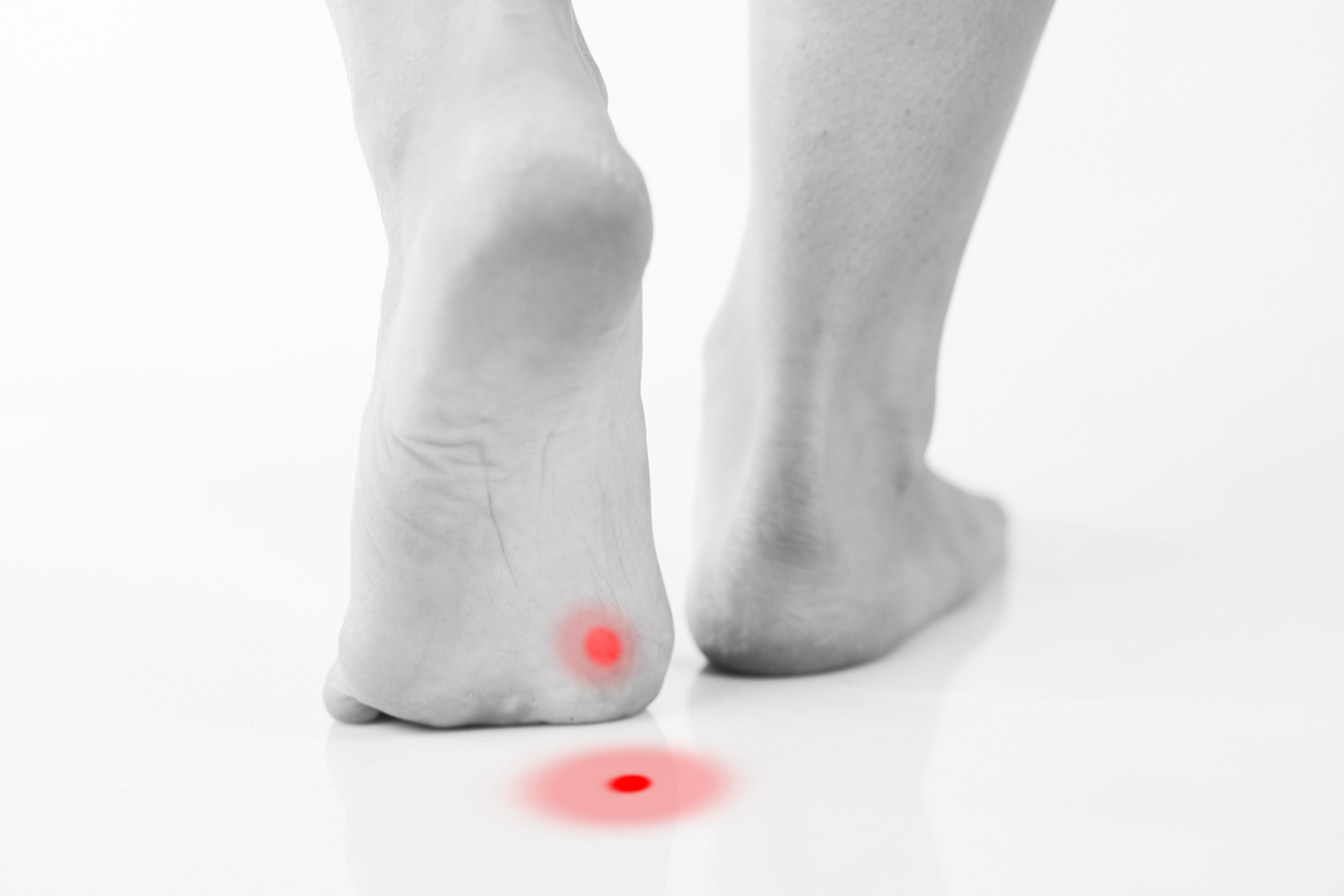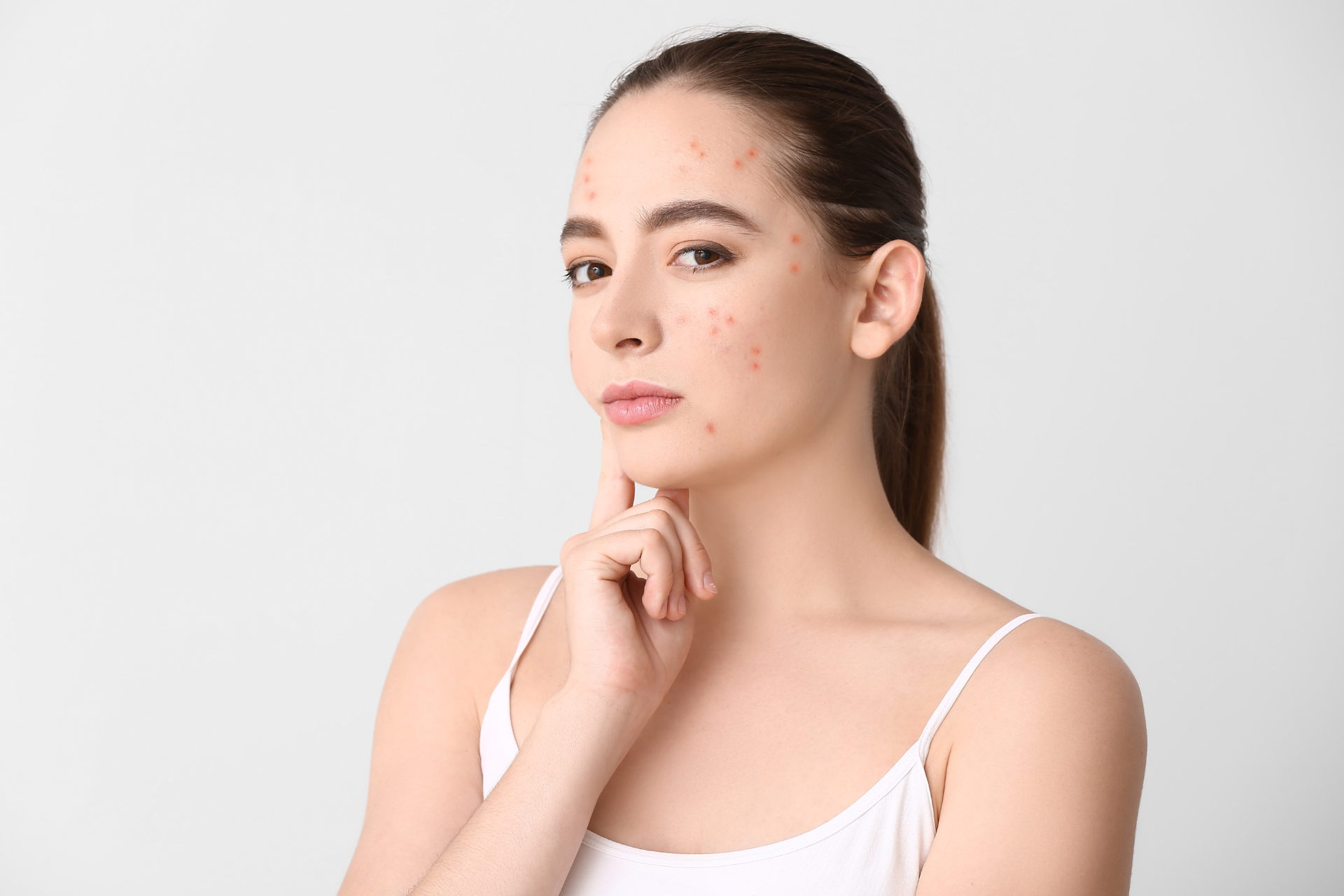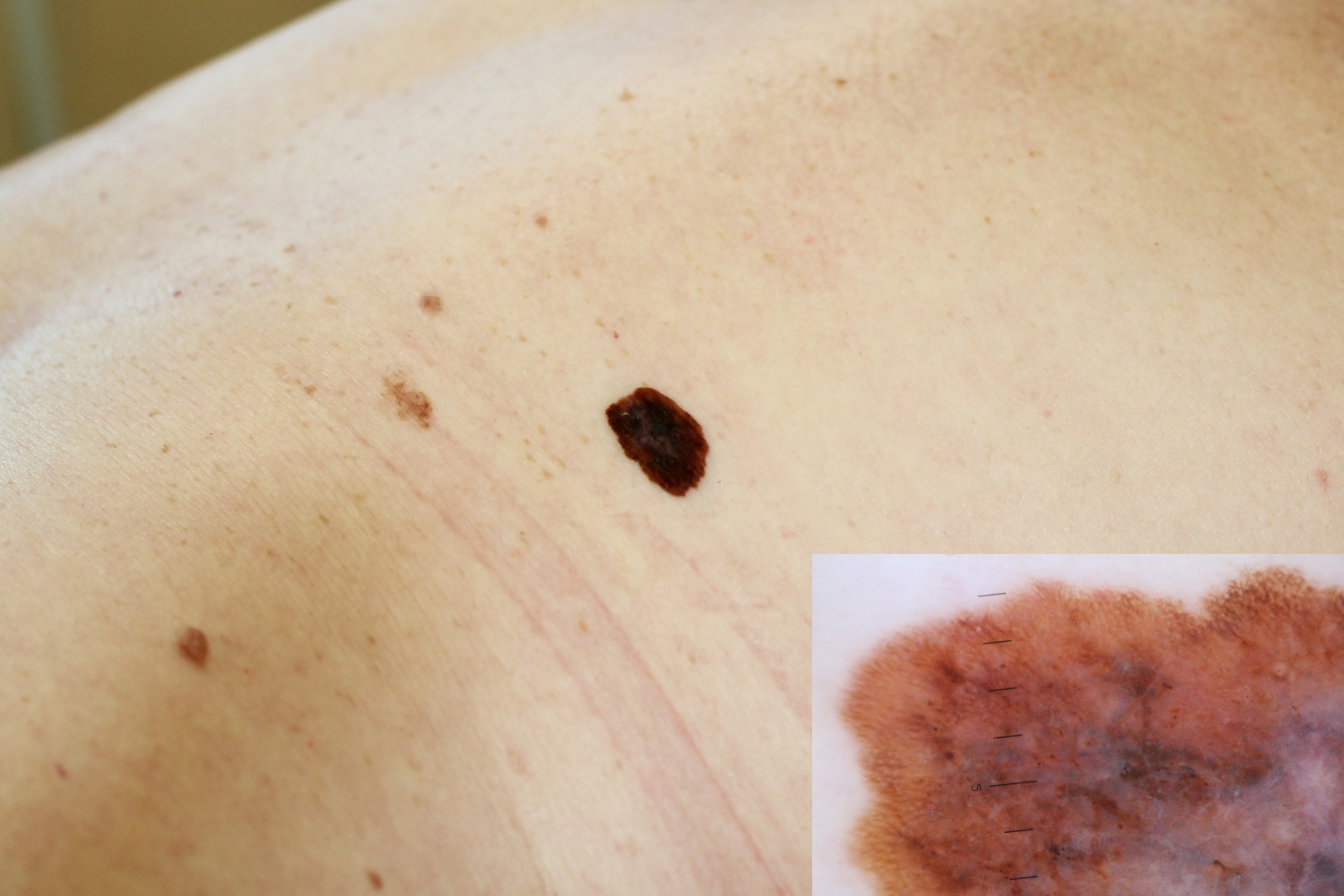Managing Skin Reactions During Allergy Season

As spring blossoms into life, it brings with it not only the beauty of blooming flowers but also the onset of allergy season. For many, this time of year is accompanied by sneezing, congestion, and discomfort. However, it’s not just your respiratory system that demands attention; your skin can also react adversely to the heightened levels of pollen and other allergens. At Fall Creek Skin and Health Clinic, we understand the challenges posed by skin reactions during allergy season and are here to help you navigate this sensitive time.
Understanding Skin Reactions
When allergens like pollen, dust, or mold enter the body, the immune system responds by releasing histamines. This response can trigger a range of symptoms, from itchy eyes and a runny nose to skin reactions like rashes, hives, and eczema flare-ups. Notably, people with a history of allergies or skin conditions such as eczema or psoriasis are often more susceptible to aggravated symptoms during this time.
Recognizing Symptoms
Common skin reactions during allergy season include:
1. Itching and Redness
Allergic reactions often result in localized itching or widespread redness, especially in sensitive areas like the face or arms.
2. Rashes
Exposure to allergens can lead to hives or other types of rashes that may be raised and itchy.
3. Dryness and Flakiness
Allergens can compromise the skin barrier, leading to dryness and irritation.
When experiencing any of these symptoms, it’s essential to identify the potential triggers and manage your skin's response effectively.
Managing Skin Reactions
1. Limit Exposure
One of the most effective strategies is to minimize your exposure to allergens. Stay indoors during peak pollen times, often in the early morning. Keep windows closed and use air purifiers to reduce indoor allergens.
2. Keep Your Skin Clean
After being outdoors, take a shower and change into fresh clothes to remove pollen and other irritants from your skin. Gentle cleansers can help soothe irritation while thoroughly cleansing your skin.
3. Moisturize Regularly
Hydration is key during allergy season. Use fragrance-free and hypoallergenic moisturizers to help maintain your skin’s barrier function and alleviate dryness.
4. Use Topical Treatments
Over-the-counter hydrocortisone cream can help reduce inflammation and itching. Anti-histamine creams may also be beneficial for localized bug bites or irritations. Always consult with a physician at our clinic before starting any new treatments.
5. Consider Allergy Medications
If allergy symptoms become overwhelming, discuss with our healthcare providers about suitable antihistamines or allergy relief medications. These can help manage not only respiratory symptoms but may also assist in alleviating skin reactions.
6. Seek Professional Help
If you find that your skin reactions are persistent or severe, it’s important to consult with a dermatologist or healthcare provider. At Fall Creek Skin and Health Clinic, our team is dedicated to providing personalized treatment plans for skin-related problems, ensuring you receive the care you need during allergy season.
Conclusion
Allergy season can be particularly challenging for those struggling with skin reactions, but understanding your triggers and taking proactive steps can help you manage symptoms effectively. At Fall Creek Skin and Health Clinic, we are here to support you in maintaining healthy skin year-round. If you have questions or need assistance addressing your allergy-related skin issues, don’t hesitate to contact us for expert care. Let’s work together to ensure your skin remains radiant and resilient, even in the face of allergies.




